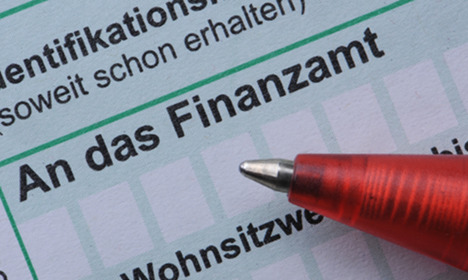The tax cuts reportedly will target low and middle income earners and take effect by the 2013 elections – possibly in time to help help boost the fortunes of the government’s troubled junior coalition partner, the pro-business Free Democrats (FDP).
“We now have a timeframe but we will probably set the size in autumn,” FDP General Secretary Christian Lindner told public broadcaster ARD on Monday. “We have to see how tax revenues develop before we can determine the amount we have…to lower the tax burden.”
Any cuts could still run into stiff opposition as many German politicians – on both the right and the left – have expressed deep reservations about cutting taxes.
The final proposal is circulating among leading politicians and is set to be officially approved by Chancellor Angela Merkel’s cabinet on Wednesday at the same time that a government budget for next year will be discussed.
It immediately came under criticism by the centre-left Social Democratic Party (SPD). SPD parliamentarian Joachim Poß joked that Merkel and her allies were trying to play “Santa Claus” right before the summer break.
The decision comes as Germany’s economy is booming, creating some breathing room to cut taxes.
According to the proposal, the cuts will ensure “all citizens can participate in the upswing” and create “more financial freedom” for citizens.
The FDP sees this as essential to maintaining Germany’s economic recovery by increasing consumption and investment by regular people.
The announcement comes as somewhat of a surprise because it appeared the governing coalition would never agree on the issue.
Though the FDP has long been pushing for major tax cuts, leading members of Merkel’s conservative Christian Democrats (CDU) seemed reluctant to agree.
For example, Finance Minister Wolfgang Schäuble emphasized last month that “we don’t have a lot of leeway in the budget for tax cuts.”
DAPD/DPA/The Local/mdm



 Please whitelist us to continue reading.
Please whitelist us to continue reading.
Member comments